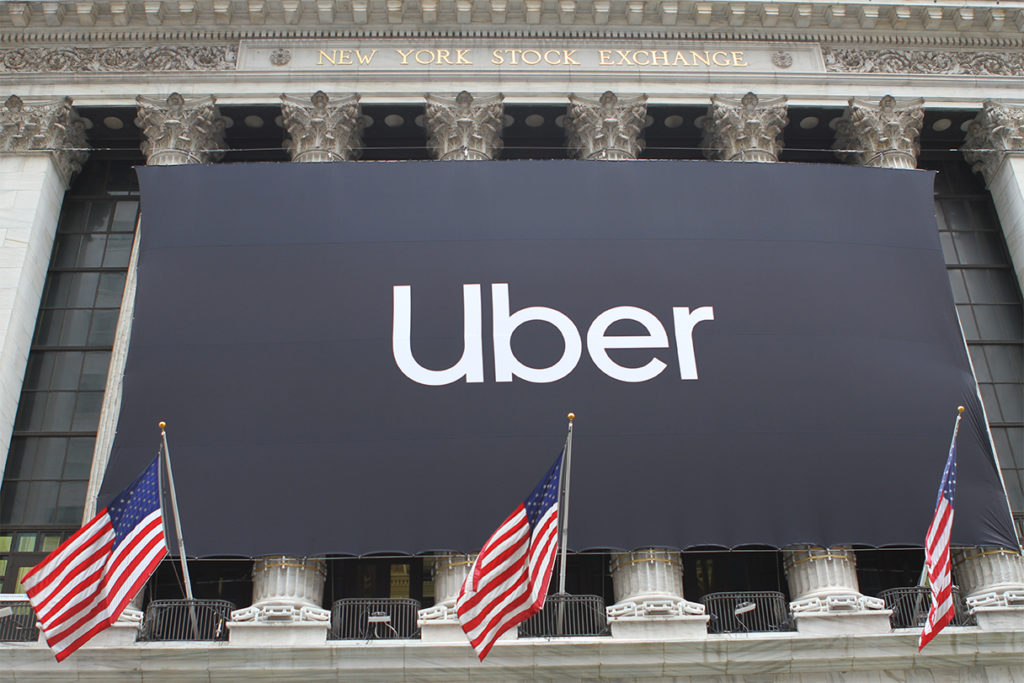Uber has laid out their impressive revenue from last year. They broke it down to £2.6 billion from Uber’s ride-hailing app and a perhaps even more impressive £700 million from Uber Eats.
This financial disclosure provides a revealing insight into the distribution of Uber’s income amongst drivers, eateries, and of course, its own reserve. This level of transparency is a welcome shift since its restructuring in March.
It is great to see Uber laying its finances bare after the ride-hailing giant has come under fire in recent years due to numerous work status challenges. These culminated in a 2021 loss in the Supreme Court. They are now recording all ride revenues and have got rid of the system of rerouting UK revenue via their Netherlands outpost which has was publicly criticised in the press.
Plan Insurance can provide bespoke taxi insurance quotes for all UK drivers. Just fill in our short online questionnaire, and our professional brokers will be in contact to arrange your insurance.
Profits are healthy, but life is never simple for Uber
Uber UK certainly seems to be going through a healthy transition. They reported a pre-tax profit of £32 million, up from the £5 million from the year before. While their tax outlay of £4.3 million may draw critique – at about 13% its below the standard 19% – they had made pre-emptive payments prior to the pandemic dampening the demand for rides.
Understanding Uber’s trajectory in the UK isn’t straightforward. They’ve been honest about the competition they are facing from Bolt, Freenow and other ride-hailing apps. They’ve also had to raise pay for drivers in order to stop them from favouring food delivery apps like Just Eat and Deliveroo.
Uber wins the battle with Sefton
The recent legal showdown between Uber, along with the App Drivers & Couriers Union (ADCU), and Sefton Council in conjunction with regional minicab operators are set to redefine the landscape of the private hire vehicle (PHV) sector. The ruling has implications that reach beyond the realm of Uber, affecting the entire private hire industry as well as taxation and public safety debates.
The Sefton case challenged the previous ruling by arguing that contracts for minicab transport should be between operators and passengers, not between drivers and passengers. The verdict has maintained the previous decision, acknowledging drivers as workers, making the operators liable for VAT, and affirming the contractual relationship between operators and passengers.
The Future of Uber in the UK
After launching in the UK in 2012, they now have a fleet of over 90,000 drivers. Uber has firmly woven itself into the fabric of the UK’s transport ecosystem.
Uber has warned that the small businesses in its delivery network could be hit by “a decline in consumer spending” amongst incoming poor economic conditions. As much as Uber has rivals to its original ride-sharing business model, its food delivery arm competes just as fiercely with Just Eat and Deliveroo. Both companies have higher revenue in the UK (£1.2 and £1.1 billion respectively). Although Uber’s revenue remains healthy and its ability to adapt is strong, it faces battles in every direction for: drivers, workers, customers and market share.


